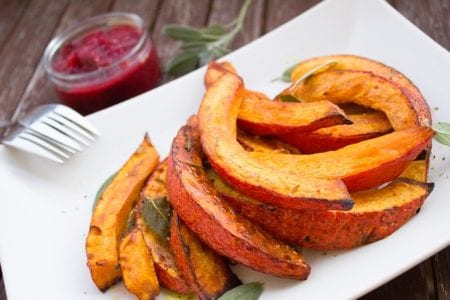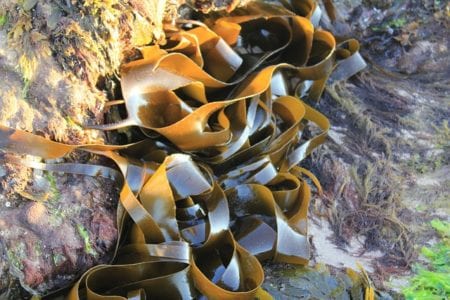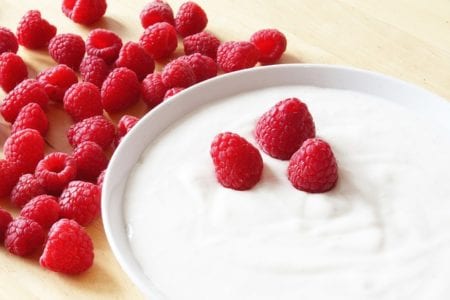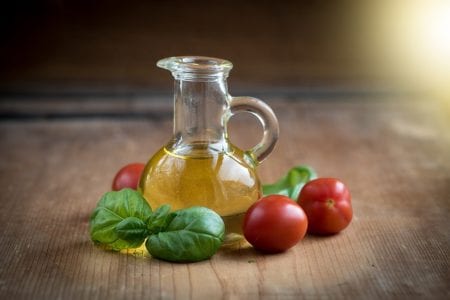The liver is a kind of filter that works tirelessly to protect us from the harmful substances that enter our body from the outside.
Alcohol, fatty foods, chemical additives in food, medicines – that’s far from a complete list of enemies of our liver. But, fortunately, friends at this body too much!

Image credit: Einladung_zum_Essen
Pumpkin
The liver simply adores bright fruits with red and orange flesh. Therefore, there is nothing surprising in that the red gourd is to her liking. Due to the high content of rare vitamin T, pumpkin can be rightly called the best side dish for beef, pork and other fatty foods, because vitamin T promotes the absorption of heavy food and relieves the liver.
What else is useful?
Not so long ago, scientists from Seoul learned about the pumpkin’s ability to reduce weight. A long-term experiment was conducted with the participation of more than 15,000 volunteers aged 20 years and over. Experts analyzed the gastronomic predilections of all men and women and found that the pumpkin contributes to weight loss. Especially positively, this vegetable affects the body weight of women.
Laminariales

Image credit: bluebudgie
Kelp leaves are 5% composed of salts of alginic acid, which is called “natural waste heat utilization”. Alginates bind some chemically active compounds, as well as salts of heavy metals. That is, they help the liver to cleanse the body of harmful substances.
What else is useful?
Laminariales is the absolute record holder for iodine, it prevents thyroid disease, lowers cholesterol and reduces the risk of cancer.
Dairy

Image credit: NeuPaddy
It is better to give preference to low-fat varieties of yogurt, ryazhenka or yogurt. All these products heal the microflora of the intestine and help to remove harmful substances from the body. In addition, dairy products seem to “absorb” toxins (including substances that enter the body with polluted air) and remove them.
Than else useful
The dignity of kefir and its sour-milking cousins is the presence of useful bacteria in them. The “right” bacteria help digest food.
Dried apricots
The liver loves the sweet, and any dried fruit is much more useful than sweets and fatty cakes. And recently, experts have found that regular use of dried apricots reduces the risk of liver cancer.
What else is useful?
American scientists have established that the phenolic components contained in dried apricots can be an effective weapon against the so-called “metabolic syndrome”, which is accompanied by obesity and inflammatory processes in the body.
Phenolic components not only neutralize these manifestations, but also reduce the level of harmful cholesterol, which negatively affects not only the work of the cardiovascular system, but also overloads the liver.
Olive oil

Image credit: Pezibear
Contains vitamin E – the main antioxidant. It protects the body from the effects of free radicals – substances formed under the influence of sunlight, cigarette smoke, polluted air and radiation – it is with these harmful substances that our liver has to fight.
What else is useful?
Olives help neutralize any substances toxic to the body. Therefore, if a party is planned, be sure to put on the table salads dressed with olive oil, or simply salted olives.
Such food will protect against morning sickness after a friendly get-together.
5 main vitamins
In order for the liver to work well and not to overwork, make sure that your diet contains enough “liver” vitamins.
Vitamin A. It is found in all red and orange fruits. Carotene is especially rich in carrots, beets, apricots, bell peppers, pumpkin.
Vitamin E. Is in cereals, vegetable oil, fish.
Omega-3 fatty acids. They are rich in fatty fish such as herring, trout or mackerel.
Riboflavin (vitamin B 2). It is much in peaches, pears, beets and spinach.
Lipoic acid. You can find it in dairy products, spinach, beef.
